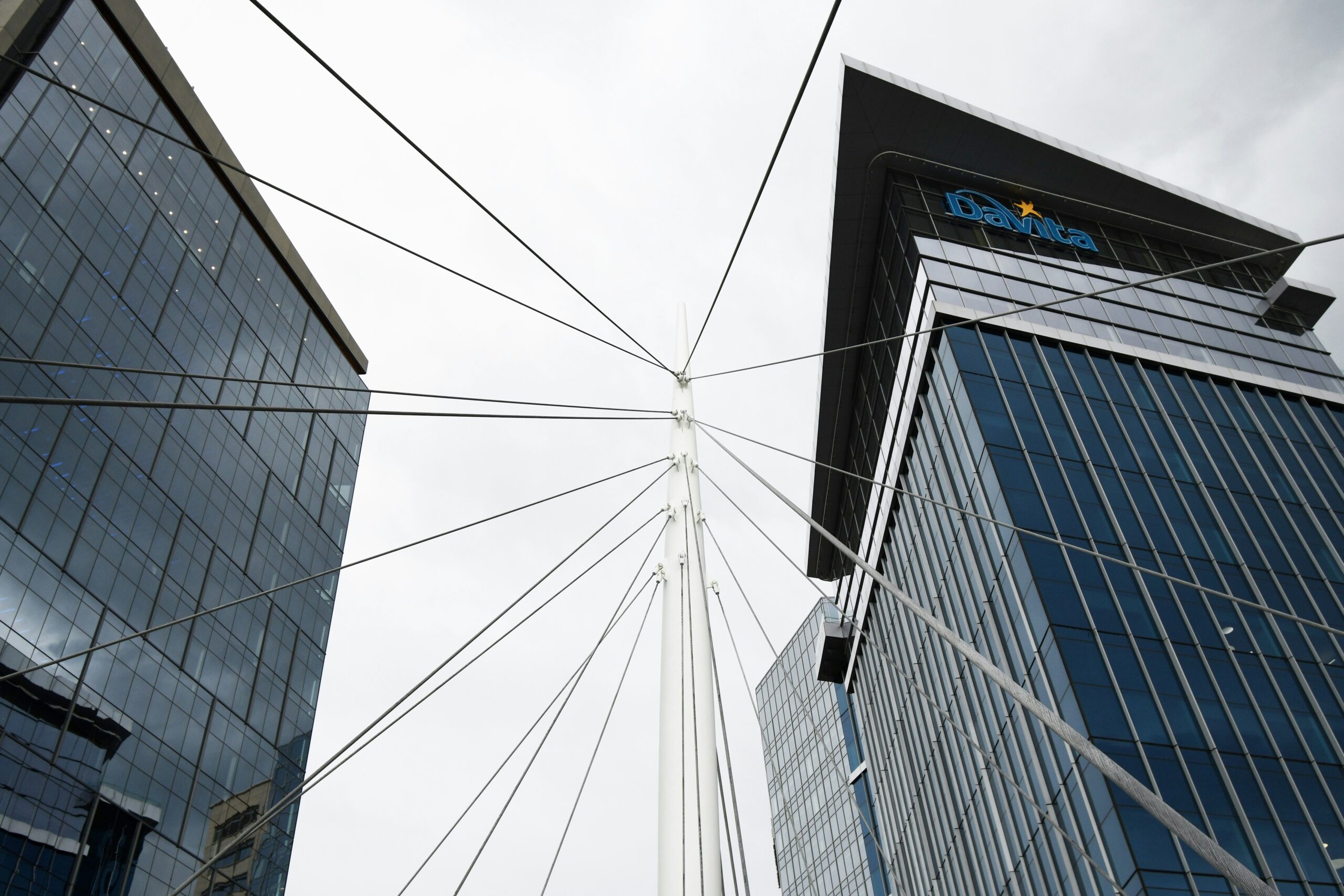Selling a business in is a significant undertaking, especially in the dynamic and bustling market of Las Vegas. Determining the value of your business is a crucial step in the sale process, as it sets the foundation for negotiations, attracts potential buyers, and ensures a fair deal for all parties involved. In this article, we’ll explore the essential steps and considerations for valuing your business for sale in the Las Vegas market, helping you navigate this complex process with confidence and clarity.
Understand Your Business’s Financials
The first step in valuing your business is to thoroughly understand its financial performance. Review your financial statements, including income statements, balance sheets, and cash flow statements, to assess your business’s profitability, liquidity, and overall financial health. Consider factors such as revenue growth, profit margins, and recurring revenue streams, as well as any outstanding debts or liabilities that may impact the valuation.
Determine Your Earnings Multiples
One common method for valuing a business is to use earnings multiples, which involve applying a multiple to your business’s earnings to arrive at a valuation. The multiple can vary depending on factors such as industry norms, growth potential, and market conditions. Research comparable businesses in the Las Vegas market to determine appropriate earnings multiples for your industry and use them to calculate your business’s value based on its earnings.
Assess Tangible and Intangible Assets
In addition to financial performance, consider the value of your business’s tangible and intangible assets. Tangible assets include physical assets such as equipment, inventory, and real estate, while intangible assets encompass intellectual property, brand reputation, customer relationships, and proprietary technology. Conduct a thorough inventory of your assets and assess their contribution to your business’s overall value.
Factor in Market Conditions
The Las Vegas market, like any other market, experiences fluctuations in supply and demand, economic conditions, and industry trends that can impact business valuations. Stay informed about market conditions and industry dynamics relevant to your business, such as tourism trends, regulatory changes, and competitive pressures. Adjust your valuation accordingly to reflect the current market environment and position your business competitively for sale.
Seek Professional Valuation Services
Valuing a business is a complex and nuanced process that requires expertise and objectivity. Consider engaging professional valuation services from experienced business appraisers or financial advisors with knowledge of the Las Vegas market. These professionals can conduct a comprehensive valuation analysis using industry-standard methodologies, ensuring an accurate and defensible valuation that maximizes value for your business.
Prepare a Comprehensive Valuation Report
Once you’ve determined the value of your business, prepare a comprehensive valuation report outlining the methodology used, key assumptions, and supporting evidence. This report serves as a critical tool for prospective buyers, providing transparency and credibility in the valuation process. Highlight your business’s strengths, growth prospects, and competitive advantages to attract potential buyers and negotiate favorable terms.
Conclusion
Valuing your business for sale in the Las Vegas market requires careful analysis, strategic planning, and a thorough understanding of your business’s financials, assets, and market dynamics. By following these essential steps and considerations, you can confidently determine the value of your business and position it for a successful sale in the vibrant and competitive business landscape of Las Vegas. With the right approach and professional guidance, you can unlock the full potential of your business and achieve a successful sale that meets your financial objectives and aspirations.






